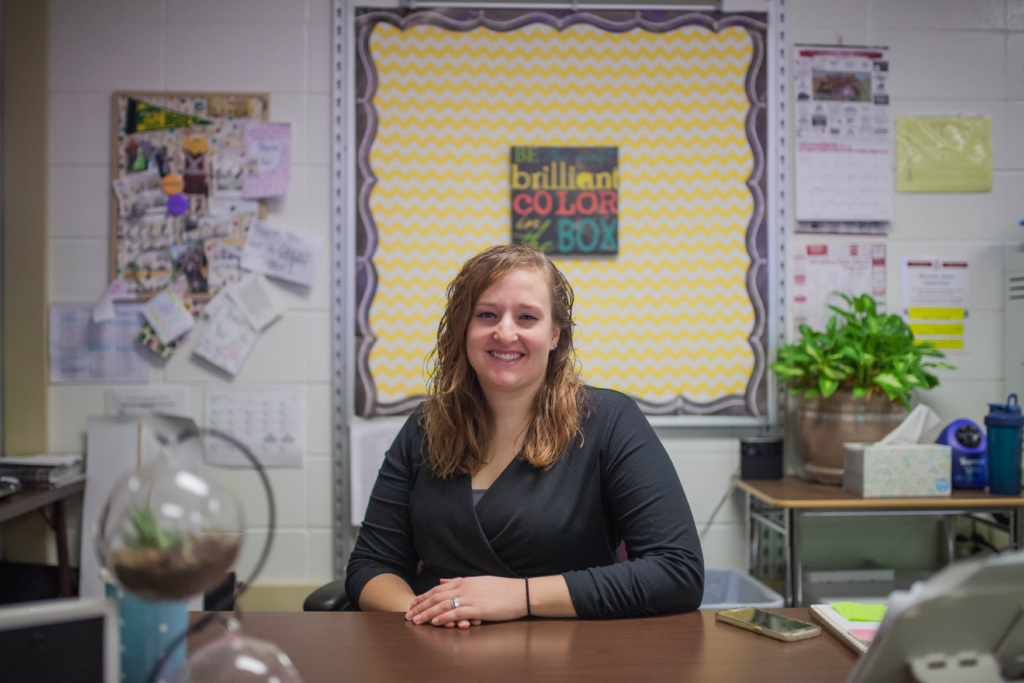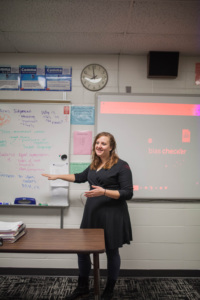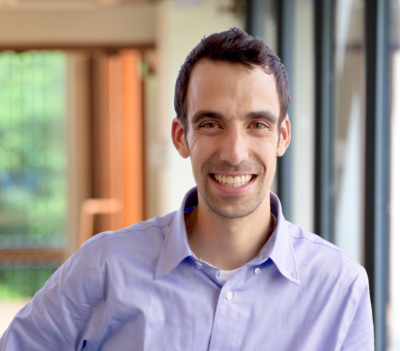Using Checkology® to improve civil discourse in the classroom


For Nicole Finnesand, integrating current events into her lessons at a middle school in the southeast corner of South Dakota was daunting — until she encountered the News Literacy Project and its Checkology virtual classroom.
She teaches in Colton, a tiny town (population 676, according to 2017 Census estimates) about 25 miles northwest of Sioux Falls. As she put it during a recent phone conversation, “Sometimes, here in the Midwest, we feel very insular.”
You might think that such a small population would be more likely to share political beliefs, but Finnesand said that the students in her seventh- and eighth-grade language arts classes reflect the fractures in the country as a whole.
They are, she said, “very divided on social issues. That was very intimidating for me as an educator to talk about someone like Kim Jong Un or Donald Trump or any political anything in my classroom, knowing that the answer to it would be very polarized.”
A search for resources
Finnesand first heard the term “news literacy” after the 2012 election, but it wasn’t until 2016 — with the country more divided than ever — that she felt compelled to research resources that might help her discuss current events with her students and show them how to think critically about what was happening in their community, their country and the world.
That’s when she discovered Checkology, and it didn’t take her long to become a dedicated user.
“I have really loved all of the resources I’ve gained and the knowledge my students are walking away with,” she said. Also important, she added, are “the skills that they’re able to apply to their own reading and consumption of media.”
As an example, she said that before they were exposed to Checkology, some of her students would produce articles from the satirical publication The Onion as truthful sources for persuasive writing exercises.
“That was shocking,” she said, “but they had no idea what that whole genre of satire is. And certainly with the political climate of our country, there were students that were just shouting ‘fake news’ at things without knowing what that meant, or knowing what they’re saying, or what is fake news. They really couldn’t tell me.”
She knew that her students were capable — but that they didn’t know how to determine what was credible news or how to find it.
Enter Checkology — and a classroom transformed.
Civil discourse


“I think the Checkology platform gave us a tool that was engaging without telling the students, ‘Here’s the right answer, here’s the way to view it,’” she said. “It gave them talking points that we could all agree on or agree to disagree on. …
“We get to use our class as a space to discuss ‘Well, what are the two sides? And how do we know what’s real and what’s not real?’”
Finnesand has watched her students gain an appreciation for — and understanding of — quality journalism. One “lightbulb moment,” as she put it, came when they learned, through the Checkology lesson “Democracy’s Watchdog,” that journalists act as detectives and hold those with power in check. They have also enjoyed tying current issues to Checkology; “The First Amendment” gave them a starting point to discuss the recent efforts by the White House press office to lift the press credentials of CNN reporter Jim Acosta.
It’s a challenge for anyone, adults included, to consume news responsibly and discuss it civilly. But Finnesand says she has seen a real change in her students since introducing Checkology, and she believes that they can be agents of change.
“I’m learning with my students what kinds of things we can read about and agree to disagree and work on,” she said, adding: “Hopefully our country isn’t always so divided and we can still have conversations about issues without alienating each other.”
